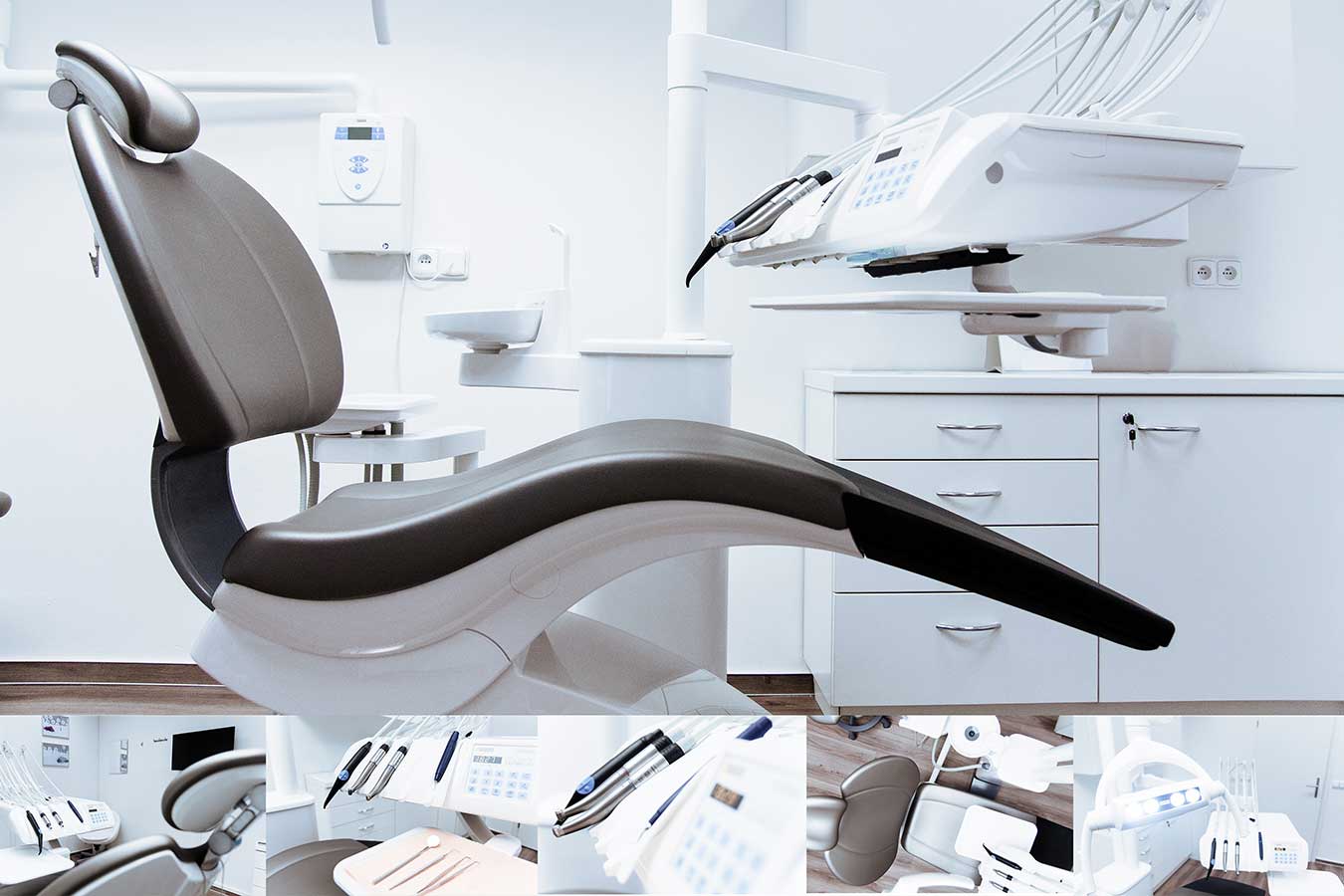By: Spencer Wesley, Realtor®, Dental Practice Broker
Over the years I’ve helped scores of dentists buy and sell their practices, and I’ve learned a few lessons along the way. Whether you’re thinking about buying a practice a few years from now or you hope to purchase a business in the near future, here are my top tips for how to be successful when you do it.
#1 – Know What You Want in Dental Practice
Before you get serious about looking, you need to set the parameters for what you want so you can focus on those practices worth considering. That means being able to provide specific answers to the following questions:
- Where do you want your practice to be located?
- What size practice do you want?
- What type of dentistry do you want to practice?
Until you know the answers to these questions, don’t waste your time looking. Instead, go out and talk to other dental professionals, do research, and gather the information you’ll need to decide what’s right for you. Once you know what you’re looking for, you can conduct a focused and efficient search.
#2 – Don’t Look for A Deal
It’s human nature – people want to get a deal on an asset. I’ve had plenty of conversations with dentists who think getting $50K shaved off the purchase price of a $900K practice is where they’ll make their money. That may work when you’re buying real estate, but it’s not a good strategy when you’re buying a small business. If you’re getting a practice on the cheap, you should expect to invest in building it up. That might mean capital investments to improve the space and equipment or doing the work to build up your patient flow. If that’s the route you want to take, fine, just be sure you know what you’re getting into. I’m here to tell you, if the asking price is $900K, that’s most likely the value.
#3 – Bigger is Better
All things being equal, my advice is to buy the largest practice you can afford and have the skillset to maintain. If a practice meets your other criteria, don’t rule it out just because the selling price is more than you’d planned to spend. Remember, the selling price is based on revenue and the more money flowing into the practice allows you to pay off your loan faster. For instance, a practice that sells for $1M should yield net adjusted cash flow of roughly $450K/year. Assuming the business doesn’t grow (which, of course, it will) over 20 years that adds up to about $9M. That’s money you can invest in things like retirement savings or improving the value of your practice. Even if you end up paying more than you’d planned, you’ll come out ahead.
#4 – Don’t Buy Dental Practice from an Owner
In my experience, owners who are serious about selling get a dental practice broker to represent them. Owners who choose to represent themselves aren’t really ready to retire, which means they’re not ready to sell. I can’t count the number of times I’ve seen buyers spend months spinning their wheels, because the owner doesn’t want to pull the trigger on a deal. But an owner who is represented by a broker is probably a pretty motivated seller.
#5 – Work with an Experienced Practice Broker
When it comes to buying a dental practice, you don’t want to wing it. This is a time when getting professional help makes a huge difference. A dental CPA firm is a great place to start because they can look at the numbers and financial reports with a practiced eye, so you don’t end up buying a pig in a poke.
After the decision to become a dentist, the decision to buy a dental practice will have the biggest impact on your professional life. The end goal is to have a successful, long-term business, and that’s how you should approach your search. The process will have its ups and downs. My advice is to stay focused, be patient, and keep your eyes on the prize.
If you have questions about buying a practice, give us a call at Engage Ownership Transitioning. Engage Wealth Advisors, LLC know all the ins and outs and can help you successfully transition into owning your own practice.

